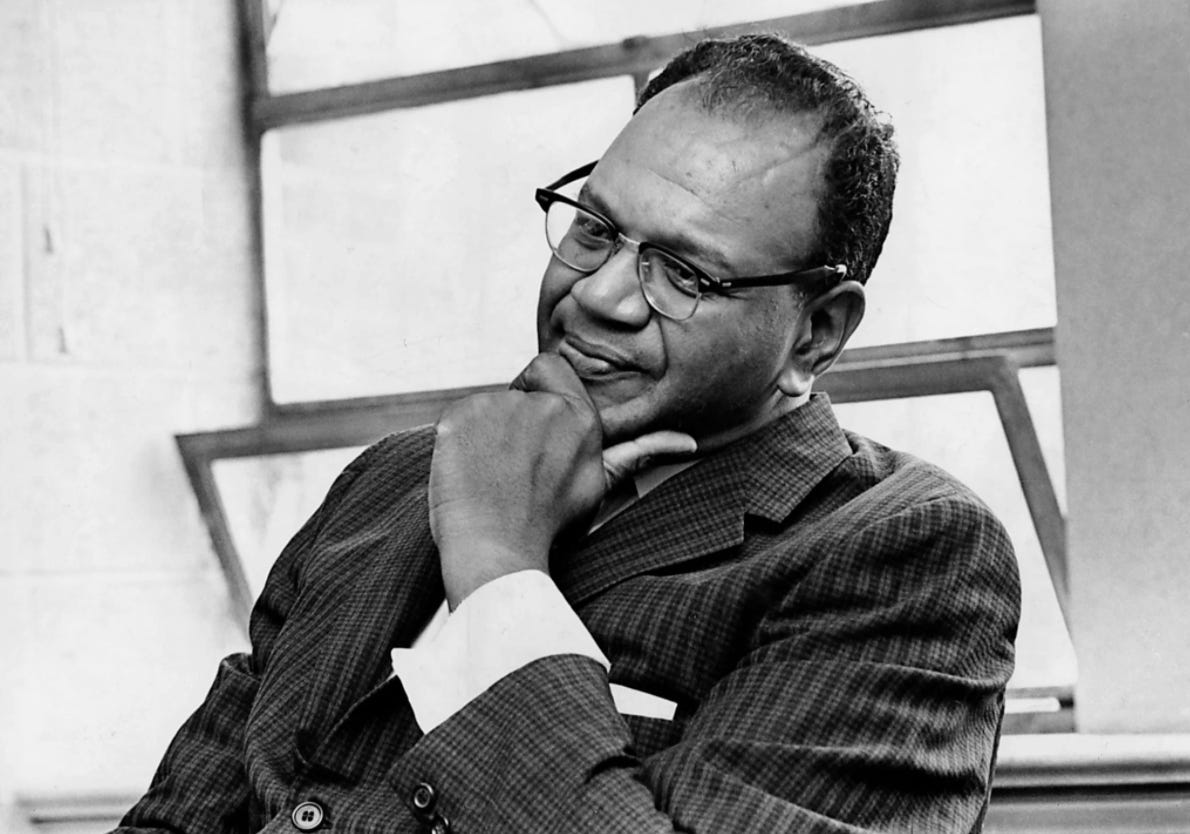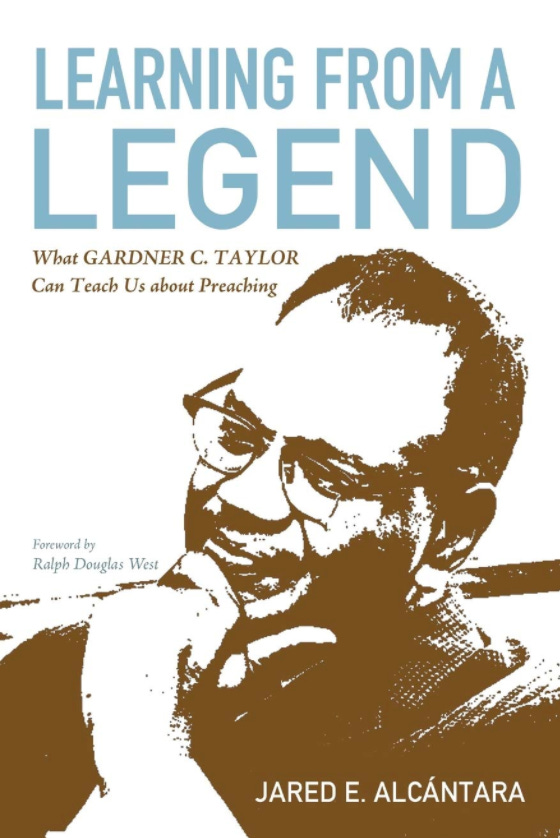Eloquence in the Pulpit?
The question for today is
Should preachers pursue eloquence?
Which leads to another question:
Does eloquence detract from Christ and attract the audience to the preacher?
In Jared Alcántara’s book, Learning from a Legend, Jared discusses the eloquence of Gardner C. Taylor, one of America’s great preachers. Before he gets to his discussion of Taylor he defends eloquence and I would like to have a conversation about eloquence in the pulpit today.
A question one may ask, Is the problem with eloquence its use or abuse?
Alcántara responds to the criticism of eloquence with these observations:
What criticisms have you heard of eloquence?
What are the problems or dangers of eloquence?
How would you describe or define eloquence?
First, critics of eloquence misunderstand the statements of Paul in 1 Corinthians 1-2. Not only does Paul use anti-rhetoric to criticize rhetoric, but Paul is attacking the abuse of rhetoric. He’s attacking sophistry.
Second, critics are often responding more to the abuse of eloquence in church and non-church settings. He appeals here to Augustine’s famous On Christian Doctrine which validated a proper use of eloquence. This proper use of eloquence was in vogue from Augustine til the beginning of the 20th Century.
Third, movements in the early 20th Century drove eloquence and its critics apart. He points to Karl Barth and to his friend Eduard Thurneysen, for whom the goal was clear, plain speech. So, too, Reinhold Niebuhr.
Fourth, the African American preaching tradition was unaffected by the critics of eloquence for in that community eloquence was valued.
How do you use or approach eloquence?
Gardner Taylor’s gave him the gift of words.
He quotes Cleophus LaRue:
Blacks are taught early on to love words – to love how they sound, how they feel, how they create reality, and how they give voice to the deepest expression of one’s inner being.



